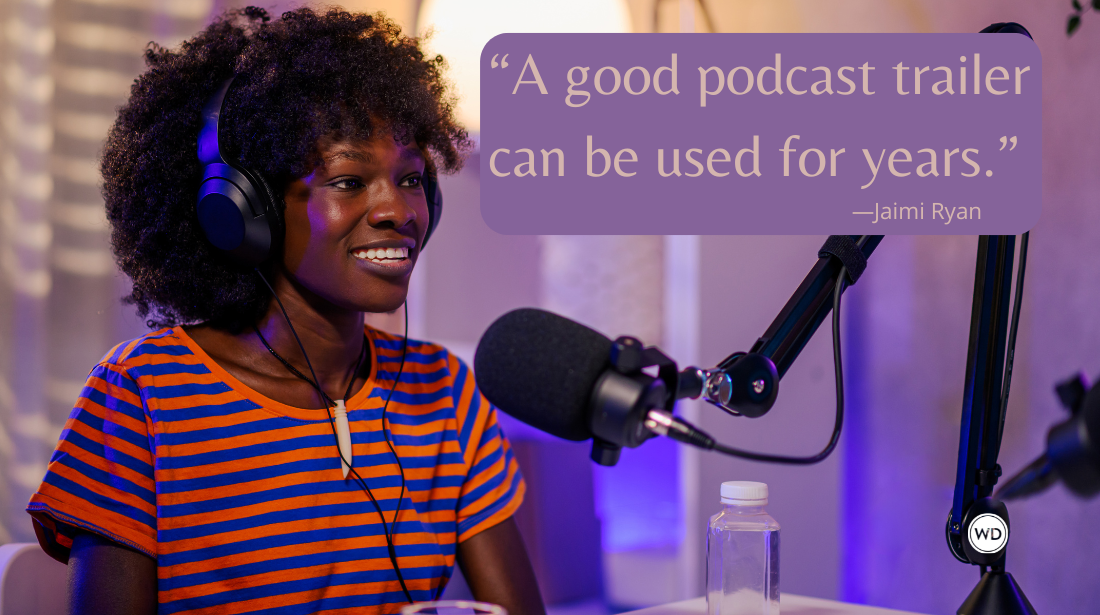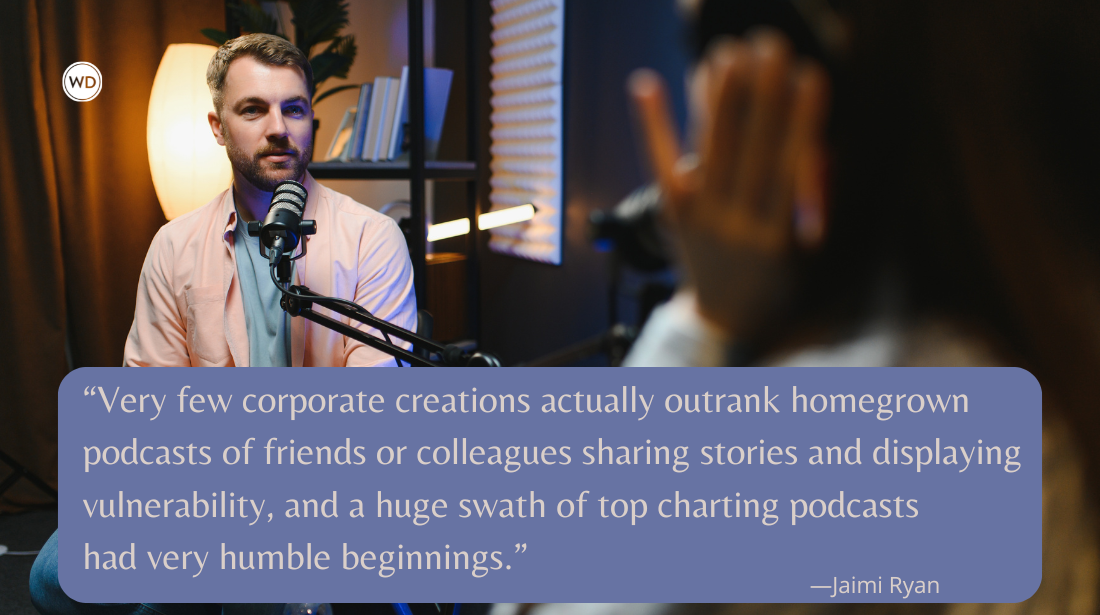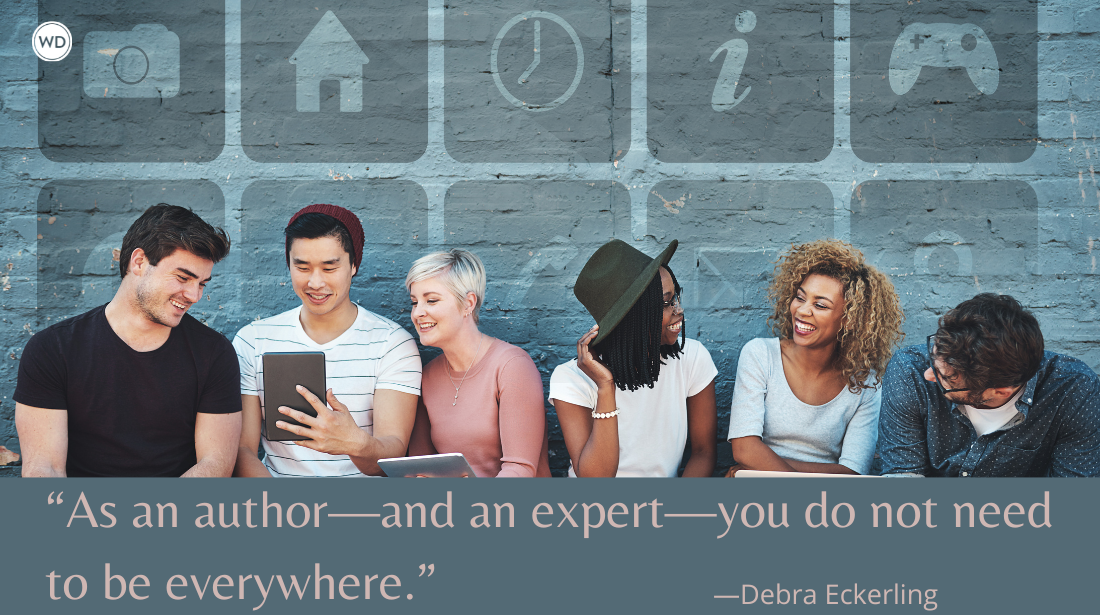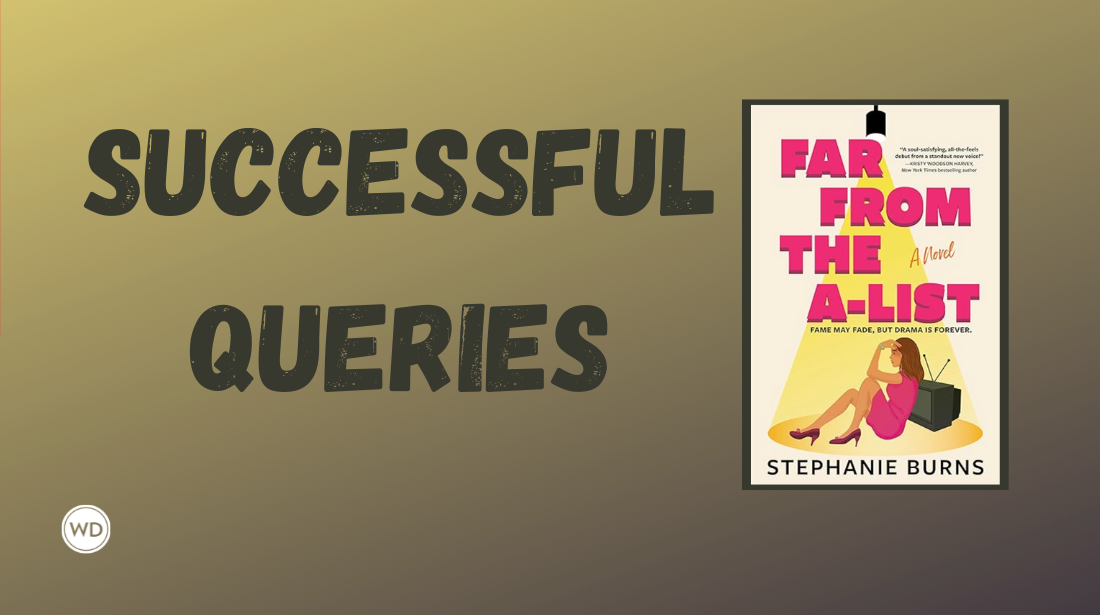Is It My Writing or Is It My Editor?
BY JIM DEMPSEY An explanation of the corrections an editor can make to a manuscript, and how editors and authors can work together to make a great novel even better.
As an author, you spend many months, sometimes years, perfecting your novel, carefully considering each word, rewriting every sentence, and polishing each and every paragraph. You correct the errors and amend any grammatical blunders.
And you’re diligent. You follow the best advice, and send off your precious manuscript to an editor. And not just any editor. You’ve searched the web, asked for recommendations, and found a well-qualified professional.
And you wait.
Usually not too long.
—By Jim Dempsey
When you get the first round of corrections back, you read the body of the editor’s email first. It’s usually full of positive feedback and general encouragement. ‘Not too bad,’ you think, ‘it could certainly have been worse.’
And then you open the document, and all you see is red – literally and figuratively.
Hardly a sentence is untouched. There are words – those carefully chosen words, remember – crossed out and replaced. There are whole sentences – painstakingly rewritten sentences – moved or even removed.
‘Am I such a bad writer?’ you might think. ‘Or is my editor an over-zealous quibbler who’s trying to justify that quite significant fee?’
It’s neither. There’s nothing wrong with your writing, or the editor.
Then what are all those red lines for?
There are countless reasons for corrections in a text, including:
- formatting – chapter two’s title might be in a slightly different font from all the other chapter headings.
- inconsistencies – there are single quotation marks in one sentence, while everywhere else has double.
- typing errors – it says form on page 42 when it should say from.
- awkward phrasing – when you swap its two halves around, a sentence can often read better.
- breathless paragraphs – these are great when you’re racing your characters through cities and down hillsides and around mountains, but, afterwards, the protagonist, and the reader, might enjoy a rest.
And this is all before we get into passive voice, demonstratives, quantifiers, correlative conjunctions, and Oxford commas.
So, how did you, the author, miss all of these after so many rewrites?
The simple answer is: it’s impossible to self-edit. And here are three – among many other – reasons why:
1. You know what the text says. Or should say.
A spell-check will pick up on repeated words, such as:
Tom rode through the the ancient ruins in the dark.
But it will skip over missing words:
Tom rode through the ancient ruins the dark.
And you can easily miss these too, because your brain knows what the sentence is supposed to say.
2. You know what you mean. That doesn’t mean everyone else does.
Tom stopped his horse. He looked back.
Readers might think the horse looked back, not Tom (unless, of course, they already know the horse is a mare).
Dangling modifiers are perfect examples of this too:
Swinging his sword wildly, Tom’s horse stumbled and fell.
Even if Tom’s horse is very clever, it’s still unlikely that it was the one swinging the sword, wildly or not.
3. You know the story, and sometimes it really does help to explain it to the reader.
‘After days of searching for food, Tom was desperately hungry. He’d have to pick his uncle’s brains. Out of all the people he knew, his uncle had the biggest brain. It was the only way, if Tom was going to survive.’
You, the author, know that Tom is not a zombie, but maybe, in all the commotion of the last battle, that’s not 100% clear to the reader yet.
‘Tom has turned!’ the reader cries. ‘Surely there’s no way to save mankind now.’ Ten pages later, Tom saves mankind. And the reader is very confused. ‘Huh? But Tom was eating his uncle’s brains. He chose that nice big brain out of all the others.’
If readers are confused – even occasionally – they might not even make it to the end of your novel, and will never touch anything else you write.
The hard fact is that authors need editors. A good editor will read your novel at least twice – guaranteed – and will be able to spot the exact point where any misunderstanding arose, and suggest a simple revision. Your readers will never know there was any confusion in the first place, and will happily flip from the last page back to page one, just to enjoy your perfect prose all over again. And, when your next novel comes out, they’ll be much more likely to buy that one too.
Editors are trained to look for all these kinds of errors, which is why your friends and beta readers might miss them too. When editors read a novel for the first – and the second and the third – time, they don’t expect to see anything. They simply read and check the text, and suggest revisions. Your readers deserve the best you can deliver, and editing can help. Whether it’s proofreading, copy editing or more substantial editing, it is all part of the whole writing process.
So don’t panic when you get that first round of revisions back. Take a deep breath and a closer look. Your editor isn’t trying to take over or rewrite your work. At my company, Novel Gazing, we have a simple but important mantra: ‘It’s your book, not mine!’ And our editors stick rigidly to that philosophy.
It’s not our job to write, or rewrite; it’s up to us to help you get it right.
Jim Dempsey is an associate editor at Novel Gazing. Novel Gazing offers professional editing services for self-publishing authors.
Thanks for visiting The Writer's Dig blog. For more great writing advice, click here.
*********************************************************************************************************************************
Brian A. Klems is the online editor of Writer's Digest and author of the popular gift bookOh Boy, You're Having a Girl: A Dad's Survival Guide to Raising Daughters.
Follow Brian on Twitter: @BrianKlems
Sign up for Brian's free Writer's Digest eNewsletter: WD Newsletter









